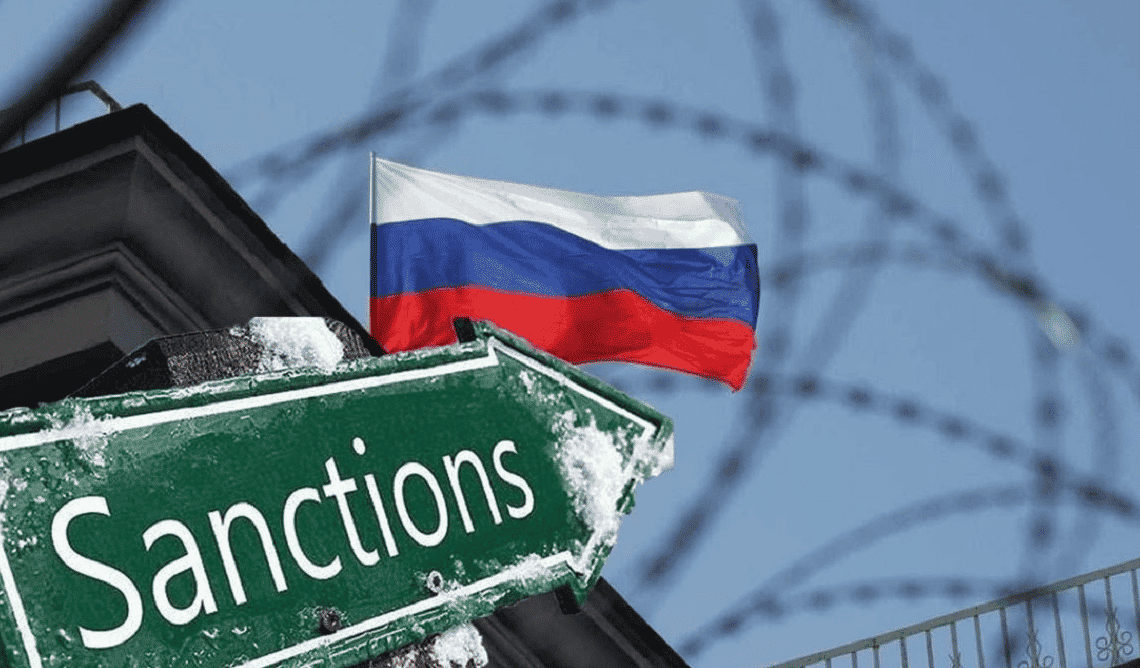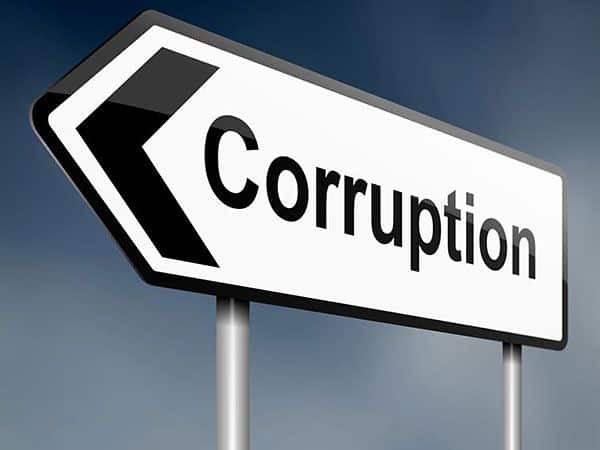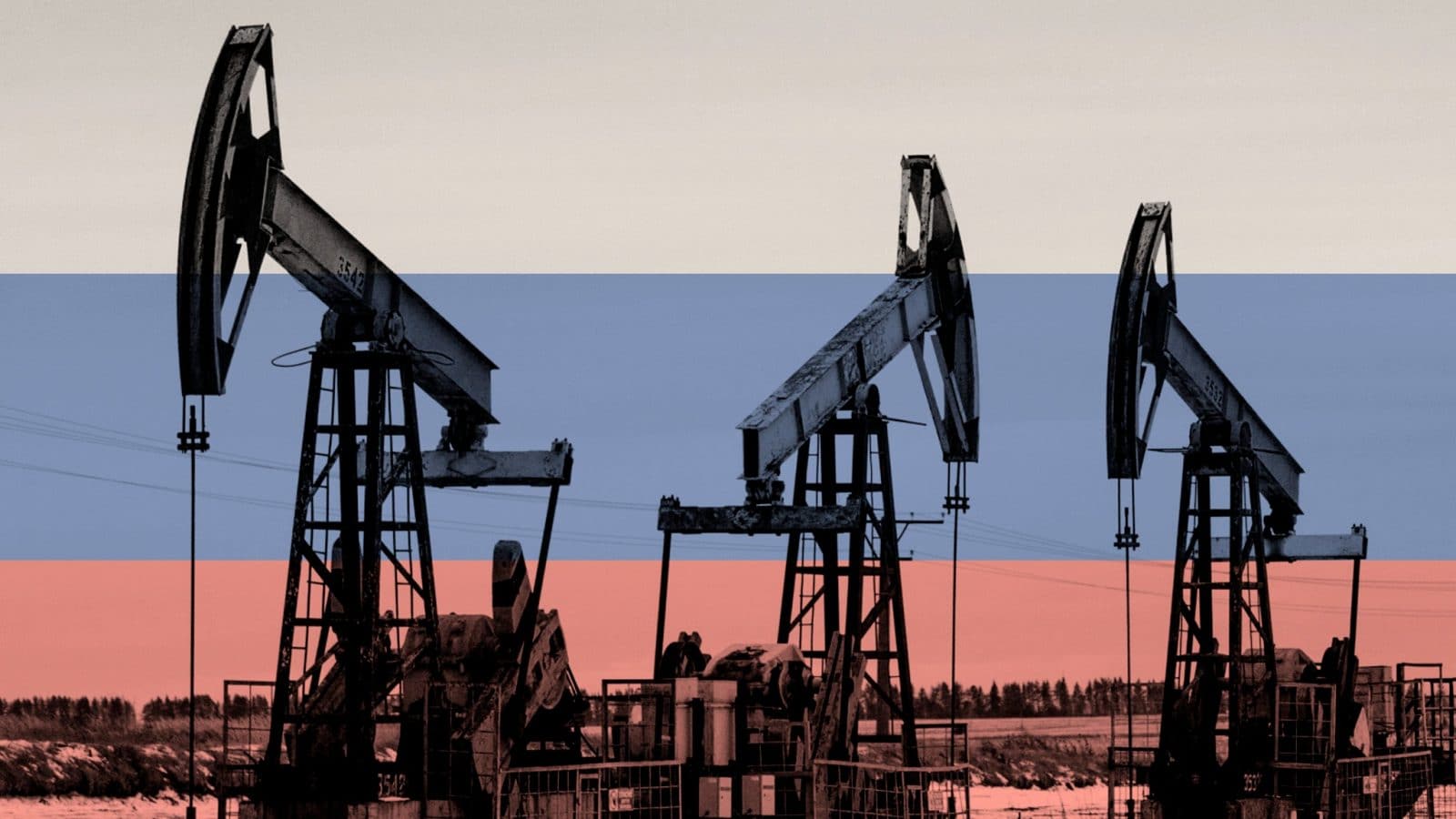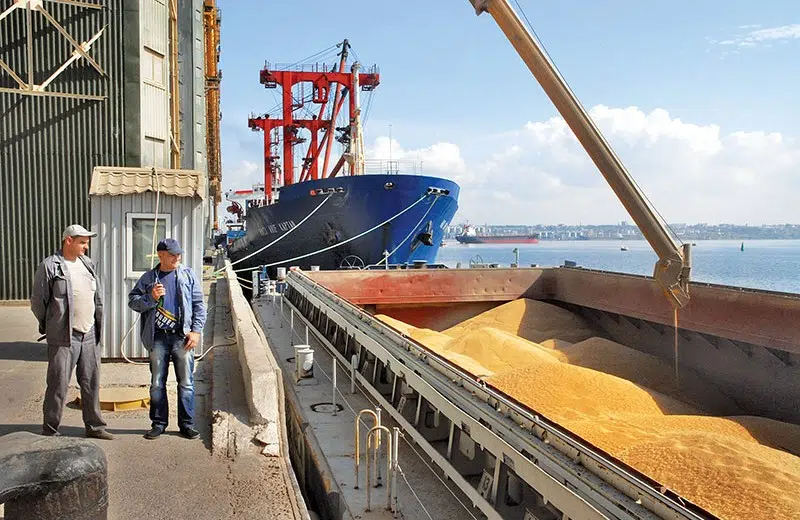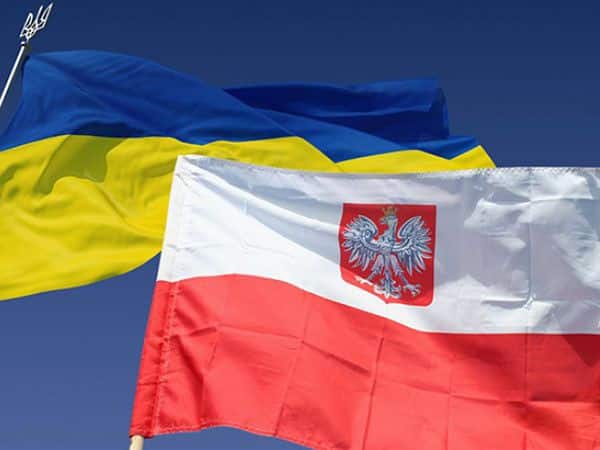The question of confiscating Russian assets abroad has been discussed practically since the beginning of Russia’s full-scale aggression against Ukraine.
All Ukrainian allies agree that Ukraine should receive compensation through the seizure of Russian assets. However, no common solutions on how to do this have been reached yet, and each country is trying to address this issue in different ways at the national level.
Special legislative instruments that enable or facilitate this confiscation have already been adopted in the United States and Canada, and are also being discussed by the European Union as a whole and separately by Estonia.
For a long time, the United Kingdom maintained a diplomatic silence on this issue.
However, recent initiatives and statements from London suggest that “the ice has been broken.”
Furthermore, the path proposed by British diplomats could serve as an example for other countries, especially those seeking ways to assist Ukraine without jeopardizing their own investment image.
That is why this plan requires a detailed analysis as it contains both progressive and potentially risky initiatives.
Why is Britain not in a hurry?
The total value of assets associated with Russia and located in the UK is estimated to be at least $30 billion.
Therefore, it is not surprising that calls to confiscate these assets have been echoing for a long time. This idea is supported by parliamentarians from both major parties — the Conservative and Labour, in addition to the Ukrainian government’s appeal.
Representatives from Downing Street, 10, state that work is ongoing day and night, including in collaboration with the EU, to justify the confiscation of state assets, but a decision has not yet been reached.
The reason why the British are not rushing with practical decisions regarding the confiscation of Russian assets is that traditionally, the Albion is a place where a considerable number of these assets are concentrated.
Real estate, corporate structures, collections, and even football clubs — this is far from an exhaustive list of what the Russians have come to own in London and other locations over the past three decades.
And it’s not just Russians — Britain attracts wealthy individuals from around the world.
Accordingly, drastic steps towards confiscating these assets can undermine trust in the country’s legal system and harm the economy.
However, the status of one of Ukraine’s key allies still obliges official London to take steps towards the seizure of these assets for the benefit of Ukraine.
The possibility of confiscating Russian assets was first mentioned in the summer of last year by the then-future Prime Minister Liz Truss. She expressed the UK’s desire to follow Canada’s example and confiscate Russian assets.
However, the first real initiatives emerged after her resignation.
Parliamentary proposals
Yes, in February 2023, Labour representative Sir Chris Bryant introduced the Seizure of Russian State Assets and Support for Ukraine Bill to Parliament.
According to this bill, the government is required to submit proposals to Parliament for the freezing of Russian sovereign assets with possible subsequent confiscation to provide support for Ukraine.
Currently, the document has passed the first of three mandatory readings in the House of Commons, and it still awaits consideration in the House of Lords.
Simultaneously, initiatives have emerged regarding the strengthening of sanctions regimes and control over their enforcement. Last month, Lord David Alton, a member of the House of Lords, introduced an amendment to the Economic Crime and Corporate Transparency Bill.
See also: 5 steps towards Russian funds for reconstruction of Ukraine
This amendment establishes an obligation for sub-sanctioned Russians to declare their assets within six months from the date of imposition of sanctions. In case of proven evasion, these assets are subject to confiscation.
Essentially, Lord Alton’s proposals align with the EU’s perspective on criminalizing the evasion of sanctions as grounds for confiscating Russian assets.
Moreover, Britain is taking other steps towards controlling frozen Russian assets.
However, there is no systemic solution in place yet, which has drawn criticism of Rishi Sunak’s government.
The House of Commons has even passed a special motion urging the government to develop a plan for utilizing Russian state assets, but there has been no response yet.
James Cleverly’s plan
Hope for progress in this field (although not as fast as desired by Kyiv) is instilled by recent statements made by the British Foreign Secretary, James Cleverly.
He made these statements after his visit to Ukraine this month, and they were further supplemented by British diplomats.
Essentially, his plan consists of three main elements:
- Britain will not lift sanctions against Russia until Ukraine receives compensation for the damages caused by the aggression.
- Owners of sub-sanctioned assets will be able to transfer them for the reconstruction of Ukraine without any preconditions, including the lifting of sanctions.
- Britain will oversee the targeted expenditure of funds that are transferred for this purpose.
This plan, although it appears quite robust, has several limitations.
Firstly, it only applies to private assets. State or “sovereign” assets, which are protected by immunities, will remain off-limits, and no decisions have been made regarding them.
Secondly, the “voluntary transfer” mechanism, although intriguing, lacks any guarantees. Owners, including Russian oligarchs, may demand special conditions for the transfer of these funds (as Abramovich already does with the proceeds from the sale of Chelsea) or agree to their indefinite freeze.
And thirdly, Britain’s intention to exercise control over the use of funds still remains somewhat unclear, as well as how it will align with the international compensation mechanism that Ukraine is currently working on.
Creating multiple parallel mechanisms may only complicate access for those affected by the aggression to compensation.
The most valuable aspect of James Cleverly’s proposed plan is the suggestion to change the purpose of sanctions.
Instead of simply ending Russia’s aggression against Ukraine, the goal is to pay full compensation. Experts pointed to the need for this back in March last year, and this creates certain guarantees.
However, on the other hand, it shows that Ukrainian allies’ priority is to force Russia to voluntarily agree to compensate for the damage, and they view confiscation as a last resort.
Cleverly’s plan is currently only a forecast or a proposal for a future British mechanism for dealing with frozen Russian assets.
Today, a conference on Ukraine’s recovery is starting in London, and perhaps there will be more concrete announcements and proposals.
“According to international law, Russia is required to compensate for the damages it has caused. However, British taxpayers have allocated £2.3 billion for military support and an additional £220 million for humanitarian aid,” Lord David Alton stated in May, urging the government to take more decisive actions.
Now the ice has been broken, and the United Kingdom has at least begun discussions on the policy regarding Russian assets, which can serve as a strong signal to other allies of Ukraine.
Originally posted by Ihor Horodynskyy and Sofia Kosarevych on European Pravda. Translated and edited by the UaPosition – Ukrainian news and analytics website

